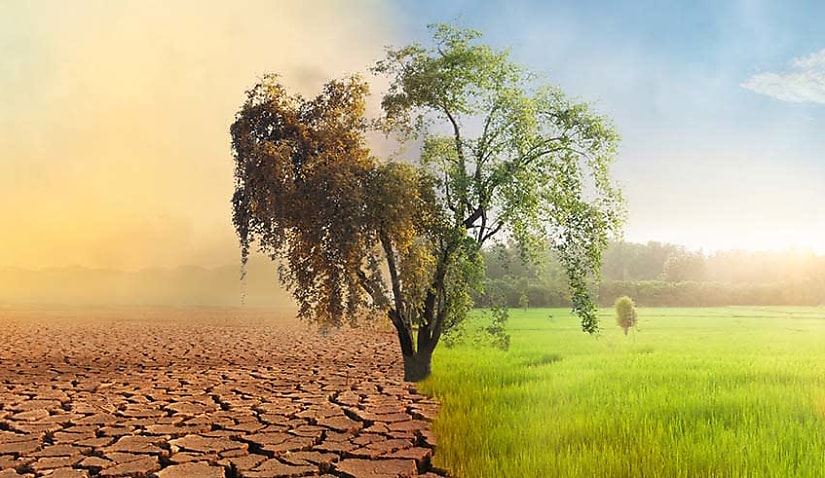Powered by MOMENTUM MEDIA
Following a UN General Assembly that voted to recognise the right to a healthy environment as an essential human right, the Australian government has been urged to take action in regard to climate change.

In a significant international development, the United Nations General Assembly (UNGA) has adopted a resolution recognising the right to a healthy environment as an essential human right by 161 votes in favour, no votes against, and eight abstentions.
“ALHR commends Australia for supporting the international affirmation of a standalone human right to a healthy environment at the United Nations General Assembly. This is a historic victory for the health of all people and our planet,” she said.
“It represents a compelling global consensus that a safe, clean, healthy and sustainable environment is integral to the full enjoyment of almost every human right protected within the core UN Human Rights Treaties. Environmental protection is now considered as an essential part of human rights protection.”
The resolution draws on the Human Rights Council resolution 48/13, which recognised this right in October 2021 and was accompanied by the appointment of a new UN special rapporteur on human rights and climate change, Australia’s Dr Ian Fry. The push has been led by the governments of Costa Rica, Maldives, Morocco, Slovenia, and Switzerland, also known as the “Core Group”, and an international alliance of civil society and legal experts, including ALHR.
“While UNGA resolutions are not legally binding instruments, this resolution is a powerful tool that will work to shape and strengthen new international norms and trigger acceleration for environmental action that safeguards human rights. This resolution has the potential to provide a foundation for a comprehensive international instrument on the right to a healthy environment and other environmental rights,” Ms Weste added.
“Although the Australian government has not yet recognised the right to a healthy environment, 156 out of 193 UN member states have already given this right legal recognition in either constitutions, legislation or regional treaties.”
This news follows the release of a new road map for climate change launched by the Governance Institute of Australia in April this year — as net zero goals become increasingly vital for organisations across the country.
“These developments should serve as a catalyst for action in Australia. Our nation’s climate and environmental crisis must be approached from within a human rights framework. Our laws should recognise that a healthy environment is a prerequisite for the enjoyment of all Australian’s fundamental human rights. This is the only way that we can ensure those most vulnerable to the impacts of climate change and environmental degradation are not left behind,” Ms Weste said.
“It’s time for Australia to recognise in law that policy and legislative decisions are enhanced when human rights are at the centre of government decision-making.”
We're evolving — and so should your insights. Heads up — Lawyers Weekly is going premium from 1 May for just $5 a month. Stay informed without missing a beat. More information coming soon.

Lauren is a journalist at Lawyers Weekly and graduated with a Bachelor of Journalism from Macleay College. Prior to joining Lawyers Weekly, she worked as a trade journalist for media and travel industry publications and Travel Weekly. Originally born in England, Lauren enjoys trying new bars and restaurants, attending music festivals and travelling. She is also a keen snowboarder and pre-pandemic, spent a season living in a French ski resort.